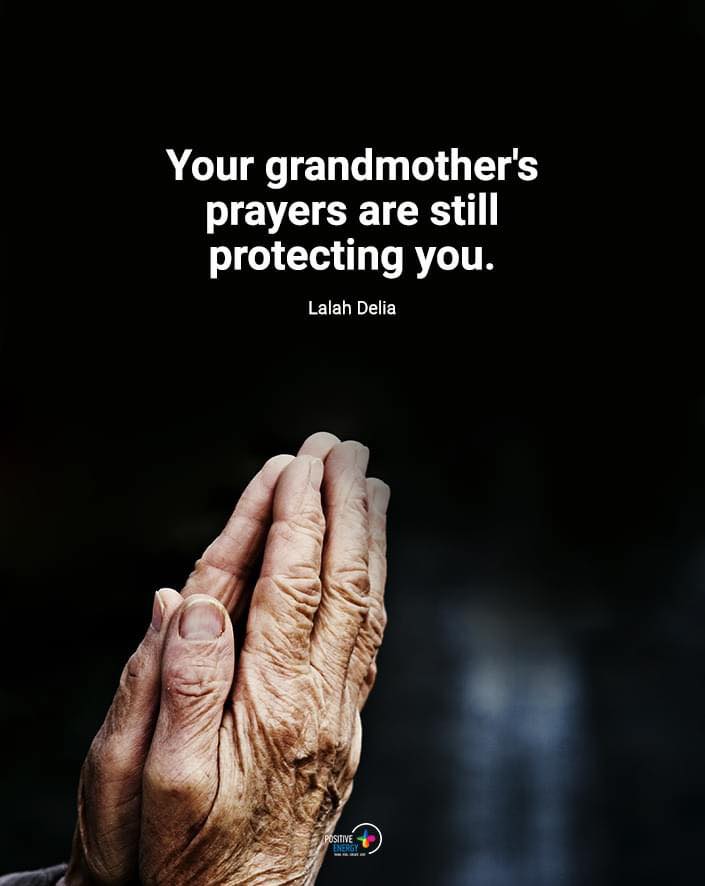Are you often afraid of people leaving you? Do you need a lot of validation from those around you? Do you struggle with commitment, or are you too quick to commit? Any of these things can mean that you have abandonment issues.
Like many severe patterns that are harmful in adulthood, abandonment issues often have their roots in childhood. The environment you grow up in plays such a massive role in the person you become. Thus, unlearning what you learned as a kid can be very difficult.
But how does this work? How do seemingly unrelated issues you face as a child lead to toxic patterns when you grow up? Understanding why and how this happens can help you to overcome these hurdles. Here’s how childhood abandonment issues carry to adulthood.
1. How Children Develop Abandonment Issues
In an ideal situation, a child’s home environment is safe and secure, and their needs are met well by their parental figures. Sadly, this isn’t always the case. In fact, some kids do wind up in situations where they learn the concept of abandonment at an early age.
Very young children often don’t fully understand this concept, but they do know the negative feelings that they experience due to it. Their brains are aware that something is wrong and will put up protective measures on a subconscious level.
To survive this, children gain coping mechanisms that are often unhealthy to handle the abandonment they face. They may also develop a mental illness that dysregulates their capacity to process and manage emotions to stay sane.
Risk factors for abandonment fear in children include the following:
· Loss Of Parental Figures or Family Members
Children commonly feel abandonment when they lose parental figures or other loved ones in an unexpected or challenging way. This is frequently attributed to a parent leaving the family, but it can also occur due to loss through death. It may also happen when a sibling leaves home and cannot contact or maintain a relationship with the rest of the family.
· Death
In the same vein, the death of someone in a child’s life, such as a friend or figure they look up to, can lead to abandonment issues as the child struggles to understand that someone can be taken away suddenly for reasons beyond their comprehension.
· Neglect Can Cause Abandonment Issues
Often overlooked, child neglect is a form of abuse that involves a child’s needs being ignored. Dealing with that neglect can cause a child to feel unwanted or as though they cannot rely on anyone, triggering abandonment issues. There are many forms of neglect, and they don’t just involve insufficient basic needs. A child may be physically provided with food, clothing, entertainment, education, and physical safety but may not receive affection, which is still neglect.
· Any Other Form Of Abuse
All abuse can result in abandonment issues at any age. Children subjected to abuse can have numerous reasons to develop a fear of abandonment.
· Moving Constantly
Constantly moving from house to house and having to lose and make friends can always affect children negatively. They may have trouble investing emotionally in relationships or might develop an unhealthy understanding of the fleeting nature of relationships. This is also true for kids in the foster system who move often.
· Abandonment Issues Can Impact Poverty
Living without a lot of resources can cause the development of a scarcity mindset or the idea that there is a limited number of available things that must be hoarded or used sparingly. A child may be afraid that all items in their life are limited in this way.
· Stress
High-stress environments can create a lot of anxiety in children, exacerbating any usual fears and turning them into extreme ones. It certainly doesn’t help matters that many high-stress environments also do not meet other needs of children at the same time. This means that the stress makes an already bad situation much worse.
· Any Traumatic Events
Any traumatic event in a child’s life, including unpredictable and uncontrollable ones, can trigger abandonment issues. These events can include natural disasters, injuries, crimes, or anything that instills a fear that they will lose people or things they treasure.
2. How Abandonment Issues Manifest In Attachment Styles
We understand how childhood affects adulthood through several different psychological theories. The one that’s most relevant here is attachment theory. This theory explains that infants and young children are naturally attached to those they’re exposed to who are responsive in social situations with them. This usually refers to primary caregivers.
As they grow, kids begin to learn social actions from their interactions with their caregivers. They start to use their attachment figures as an example of how to explore interaction. The responses of these figures then shape children’s beliefs, thoughts, and expectations for their future relationships, say studies.
Many people who grow up in bad homes find themselves in bad relationships, often repeating the same patterns they experienced in childhood. It’s easy to see how abandonment issues become a part of a child’s attachment style as they grow. For example, if their caregivers are emotionally unavailable, the child will learn to interact with others, thus growing up to be emotionally detached.
Children who have abandonment issues develop insecure attachment styles that affect them as adults. These insecure attachment styles may be any of the researched techniques, which are:
· Avoidant Attachment
Adults with the avoidant attachment style do precisely what the style’s name suggests. They handle their abandonment issues by avoiding situations where someone could leave them. This means they’re often highly reluctant to get close to the people around them, fearing commitment and vulnerability. They may not trust others and prefer not to open up, become withdrawn or distant, and have trouble forming meaningful relationships.
· Anxious Attachment
Adults with the anxious attachment style cope with abandonment issues by developing highly codependent relationships. They become very needy and have trouble forming healthy relationships. They are very insecure and latch onto the people around them with intensity. Further, they often mask their emotions, viewing conflict and unusual behavior as signs that they will soon be abandoned. Essentially, because they fear abandonment, anxiously attached individuals need constant reassurance and validation that they aren’t being left, often with counterproductive results.
· Disorganized Attachment
The disorganized attachment style is also called fearful-avoidant attachment because it combines the struggles of both anxious and avoidant styles. Adults with this attachment style can struggle with empathy and vulnerability and may not feel comfortable with any form of intimacy. They can behave in erratic and unpredictable ways, acting “hot and cold” as they swing between anxious clinginess and fearful avoidance.
3. How Abandonment Issues Manifest In Adulthood Relationships
Your attachment style will determine precisely how your abandonment issues manifest, say studies. Here are some possible signs of abandonment issues that you may exhibit:
· Attachment To Toxic Relationships
Even when a relationship becomes toxic, you may not want to leave because you don’t want to lose the person you’re dating. Your abandonment issues mean that you’re terrified of being alone and would rather be miserable with someone than happier without them.
· Abandonment Issues Reveal an Excessive Need For Validation
You may constantly worry that the people around you will leave you. You may need or demand validation, often by urging partners or friends to make grand statements about their devotion to you. However, you may still not believe them and accuse them of lying. Or you may only be satisfied for a short time before needing validation again.
· Getting Very Attached Very Quickly
When you’re afraid of someone abandoning you, you may have an urge to grab onto someone you don’t want to lose and cling to them as hard as you can. You may come on too strong to those around you and profess love for people you’ve just met because you’re trying to prevent abandonment. Ironically, this usually pushes people away.
· Insecurity
You’re constantly worried that people will leave you. You think you’re not good enough for the people in your life. You become jealous very quickly and tend to compare yourself to other people in the lives of the people you love.
· Jumping From Relationship To Relationship
When you have abandonment issues, you might be afraid of intimacy and commitment. As a result, you avoid settling down for too long. The thought of someone knowing you so deeply frightens you, as you’re worried that the other person will leave you and leave you feeling hurt and alone. As such, you’d instead end the relationship first to avoid the pain of someone else ending it with you.
· People-Pleasing Behavior
To prevent people from leaving you, you may resort to excessive people-pleasing behavior. This will often occur at the expense of your health, time, and happiness, breeding resentment and damaging relationships further. This only furthers the cycle. It can even make you believe that you have to get better at people-pleasing each time another relationship falls apart because of it.
· Relationship Sabotage
When your feelings for a partner become very serious, you may become so afraid of losing them or them abandoning you that you sabotage the relationship. You’ll behave irrationally to push someone away and escape the relationship.
Final Thoughts on How Childhood Abandonment Issues Carry to Adulthood
Childhood abandonment issues are born from adverse environments where a child’s needs are not met. This can happen for various reasons, ranging from trauma from the loss of a loved one to severe abuse. These environments then set the stage for developing unhealthy attachment patterns that you bring with you into adulthood, manifesting in toxic and complex ways.
Abandonment issues can be complicated to overcome. But it is possible to recover from them and learn secure attachment styles. Professional help in the form of therapy is one of the best ways to work on fear of abandonment. On top of that, taking care of yourself and being kind to yourself is also an essential step in unlearning these harmful patterns. You’re not alone, and you can face, manage, and heal from abandonment issues!

















 Community
Community

